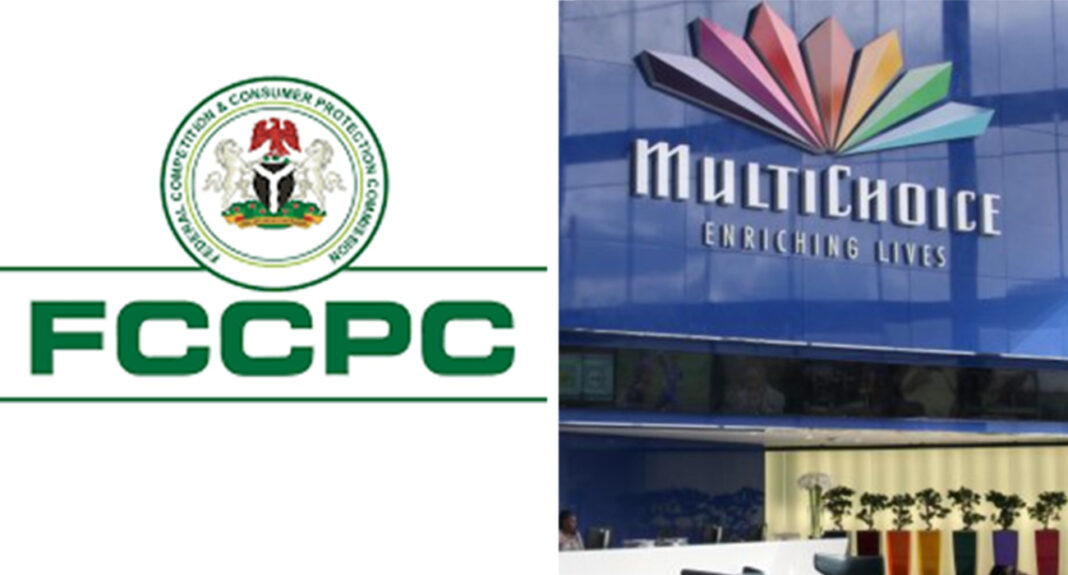The Federal High Court in Abuja has dismissed a lawsuit filed by MultiChoice Nigeria, operator of DStv and GOtv, challenging the Federal Competition and Consumer Protection Commission (FCCPC)’s attempt to stop a recent subscription price hike.
Justice James Omotosho ruled that the case was an abuse of court process, as a similar matter was already being heard by the court’s Lagos Division. He emphasized that MultiChoice should have pursued its claims through a counter-suit in that existing case.
MultiChoice had asked the court to determine whether the FCCPC had the legal authority, under Section 17(a) of its Act, to direct the company to reverse its price increases. The company also alleged that the FCCPC’s actions were discriminatory and violated Section 42 of the Constitution.
In response, the FCCPC argued that its authority includes investigating market practices, and that MultiChoice holds a dominant position in the pay-TV sector.
Justice Omotosho, however, disagreed. He ruled that while the FCCPC may investigate, it does not have the power to set or freeze prices unless specifically authorized by the President via a gazetted order under Section 88 of the FCCPC Act.
“Nigeria operates a free market,” the judge said. “Only the President can impose price controls, and such controls must apply to an entire industry, not a single company.”
He added that MultiChoice operates in a competitive, non-regulated sector, and there was no evidence that its pricing was exploitative or that its services were essential to consumers.
The judge criticized the FCCPC for targeting MultiChoice unfairly and said its directive violated the company’s right to a fair hearing. He warned that overreach by regulators without proper legal basis could deter investment and damage the economy.
The court reaffirmed that the FCCPC may monitor and investigate pricing practices but cannot enforce price changes without proper authority.

